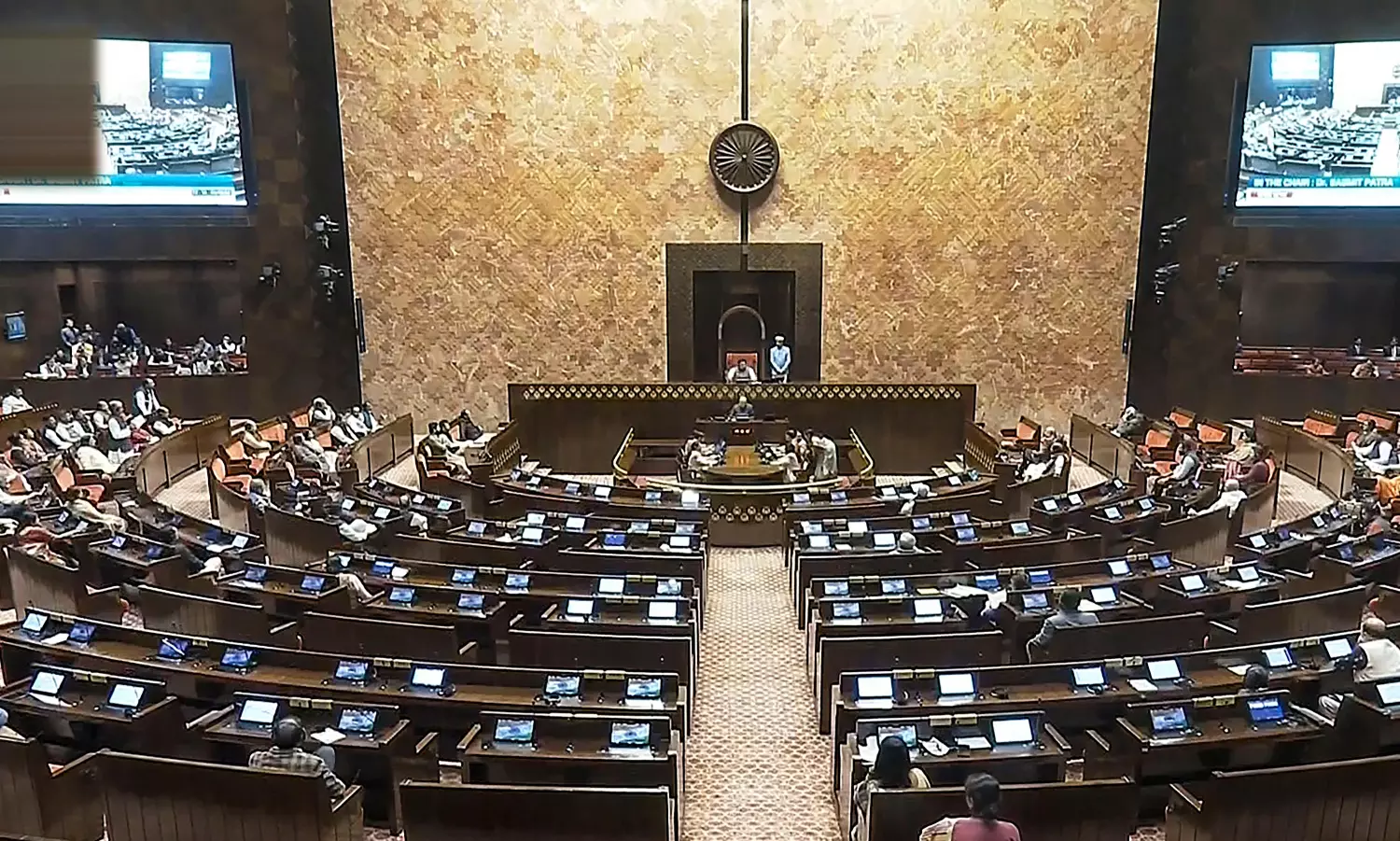Amendments Approved and Rejected: A Partisan Divide
The JPC's approval of 14 amendments highlights the ongoing party-line divide within Parliament. The ruling BJP-led NDA members have pushed forward changes they consider necessary for the efficient governance of Waqf properties. These amendments aim to enhance the management and oversight of Waqf institutions, modernizing their administration and aligning them with contemporary governance practices.
However, the committee's rejection of 44 amendments proposed by opposition members has sparked strong reactions. Opposition MPs argue that the dismissal of their proposals undermines the democratic process, indicating a lack of cooperation between the ruling party and the opposition. They assert that their amendments were essential to safeguard the interests of minority communities and ensure greater transparency in the management of Waqf properties.
The failure of opposition proposals has deepened the divide between the ruling party and the opposition, adding to the growing polarization within the political landscape. With the amendments rejected, the opposition is poised to continue challenging the bill during the upcoming parliamentary discussions. The tensions are expected to persist, especially with regard to concerns about fairness and equity in Waqf property management.
JPC Chairman Jagdambika Pal defended the committee’s decisions, emphasizing that the 14 approved amendments would improve the functioning of Waqf properties and strengthen the law. “The amendments we have adopted are aimed at improving governance and the overall management of Waqf properties, ensuring better outcomes in the long run,” Pal stated. He stressed that the committee’s goal was to refine the existing system to better serve all stakeholders effectively, with particular focus on enhancing the bill’s governance structure.
Next Steps for the Waqf (Amendment) Bill
The Waqf (Amendment) Bill is now set to be reintroduced in Parliament during the Budget session. With the amendments approved by the JPC, the ruling government is expected to push for the bill's swift passage. The BJP, which holds a majority in both the Lok Sabha and the Rajya Sabha, is likely to rally support for the bill's approval, aiming to strengthen Waqf property management and streamline oversight mechanisms.
Despite the government's momentum, opposition parties have vowed to continue their resistance. Opposition MPs have signaled their intent to raise concerns during parliamentary debates, seeking further revisions to ensure the bill aligns with the principles of fairness and equity. Their main contention is that the current form of the bill does not adequately address the needs of minority communities or the broader concerns of Waqf property stakeholders.
The future of the Waqf (Amendment) Bill will depend on the ongoing political dynamics in Parliament. While the ruling BJP is expected to push for the bill’s quick passage, the opposition will continue to press for amendments, potentially leading to a protracted fight over the bill’s final form. The debate on Waqf property management will be a central point of contention in the upcoming Budget session, with both sides preparing for continued discussions.


